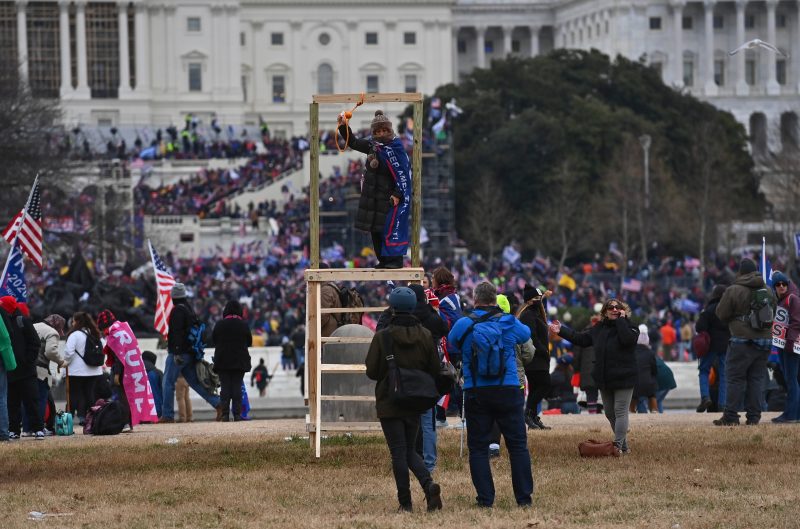Over the past few months, the political landscape in the United States has been heavily influenced by former President Donald Trump and the 2020 election. The aftermath of the election has sparked heated debates and controversies, particularly among Republicans who remain staunch supporters of Trump. Despite the mounting evidence of irregularities and attempts to overturn the election results, many Republicans continue to deny any wrongdoing on Trump’s part.
The refusal of Republicans to accept the evidence presented against Trump’s actions in the 2020 election raises questions about the state of political discourse and accountability in the country. Faced with overwhelming evidence of voter suppression, legal challenges, and attempts to sway the electoral outcome, it is puzzling why some Republicans remain steadfast in their defense of Trump.
One possible explanation for this unwavering support is the deep-seated loyalty and allegiance that many Republicans feel towards Trump. Throughout his presidency, Trump cultivated a strong base of supporters who saw him as a champion of their values and beliefs. This loyalty, combined with the polarized nature of American politics, has created a scenario where questioning Trump’s actions is seen as a betrayal of conservative principles.
Furthermore, the spread of misinformation and conspiracy theories has played a significant role in perpetuating the belief that Trump was unfairly targeted in the 2020 election. The proliferation of false claims about widespread voter fraud and a rigged election has only served to reinforce the narrative that Trump was the victim of a coordinated effort to undermine his presidency.
Additionally, the partisan divide in the United States has reached a point where political affiliations often take precedence over facts and evidence. For many Republicans, admitting to Trump’s culpability in the 2020 election would mean acknowledging the flaws within their own party and risking ostracization from fellow conservatives.
The reluctance of Republicans to confront the truth about Trump’s actions in the 2020 election highlights the challenges facing American democracy today. In a society where factual evidence is dismissed in favor of partisan loyalty and where misinformation runs rampant, the foundations of a functioning democracy are at risk.
Moving forward, it is imperative for both political leaders and ordinary citizens to prioritize truth and accountability over ideological allegiance. Only by fostering a culture of transparency, integrity, and open dialogue can the United States hope to heal the divisions that have emerged in the wake of the 2020 election. It is essential to remember that democracy thrives on the principles of honesty, fairness, and the collective pursuit of the greater good – values that must transcend individual political interests.
